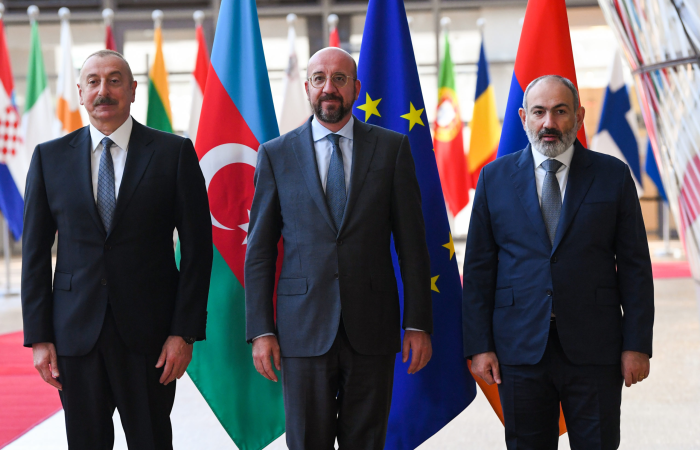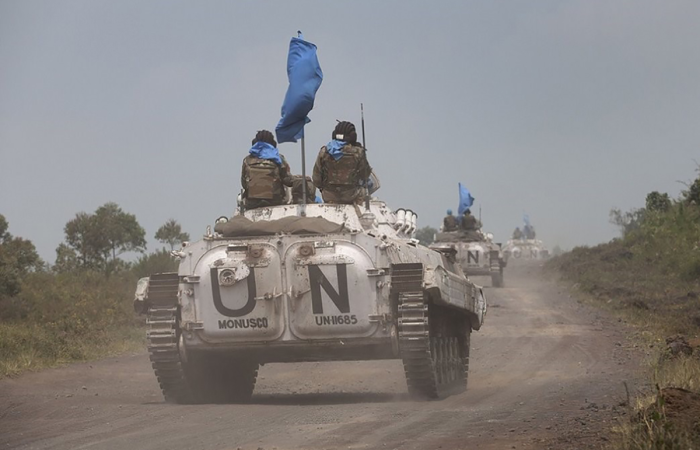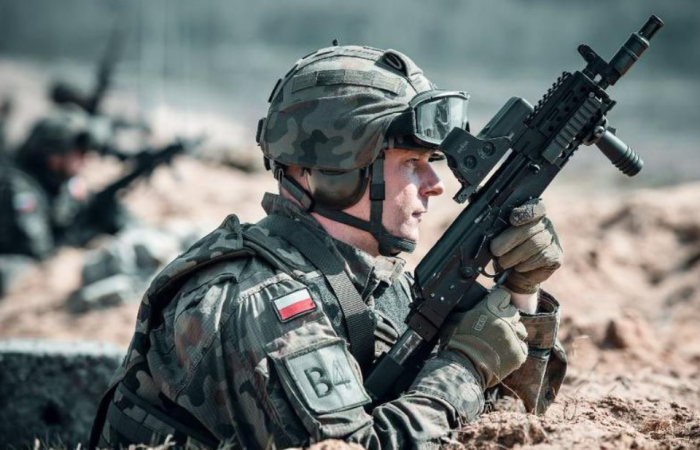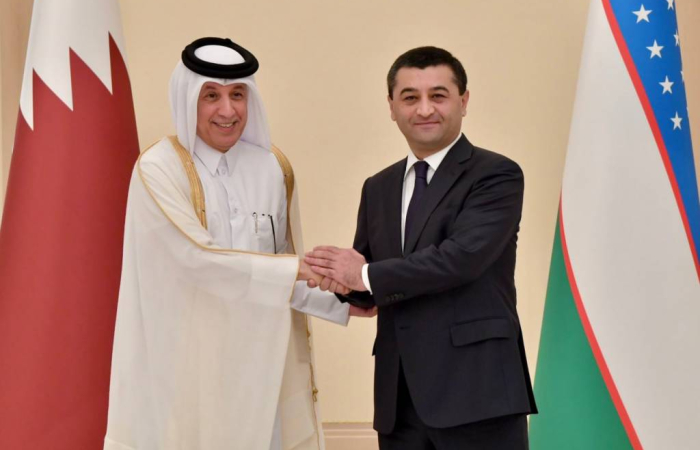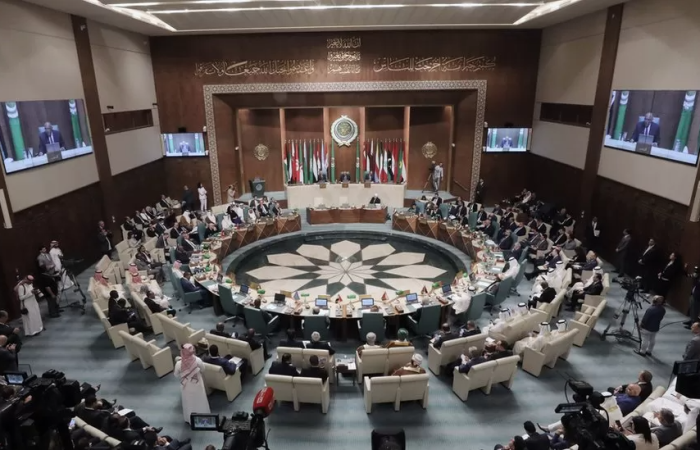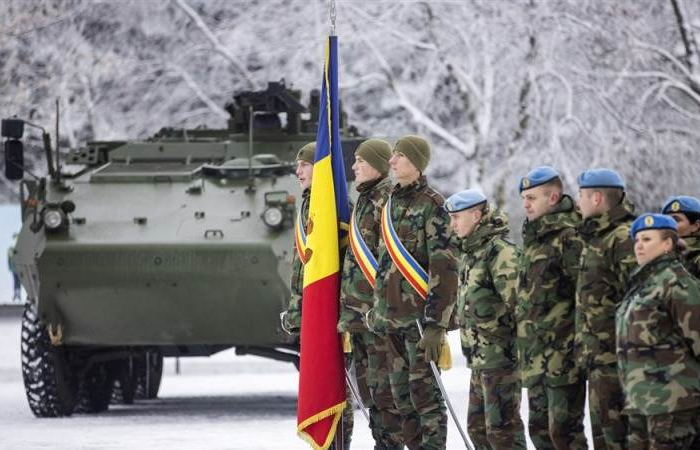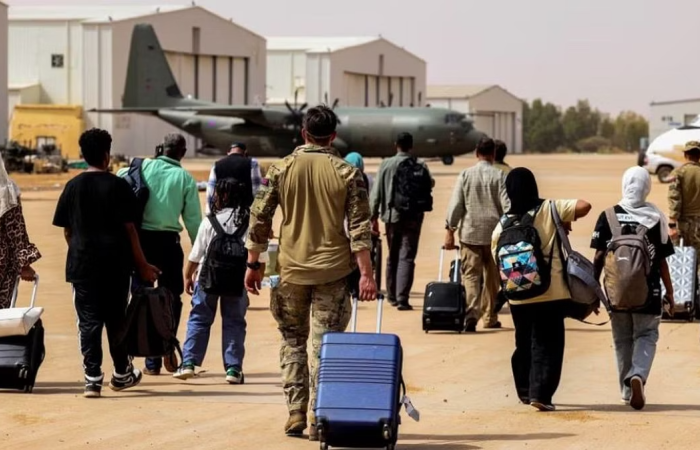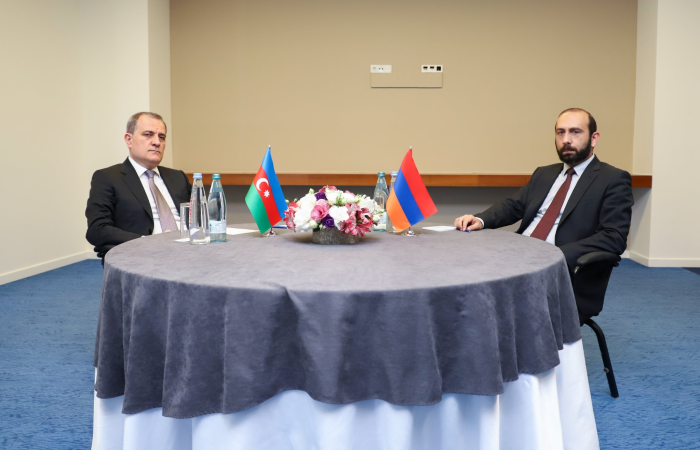Trending
Pashinyan and Aliyev to meet in Brussels on 14 May and in Chisinau on 1 June
9 May 2023
The European Union has officially confirmed that the Armenian Prime Minister Nikol Pashinyan and the Azerbaijani President Ilham Aliyev will meet in Brussels on Sunday (14 May).
The official announcement comes after a claim made in the Financial Times yesterday (8 May) about the two leaders meeting in the Belgian capital this weekend.
In a statement, the EU said "President Michel has continued to be in close contact with the leaders of Armenia and Azerbaijan to advance the EU’s efforts to promote stability in the South Caucasus and normalisation between the two countries," before announcing the trilateral meeting in Brussels this weekend.
The statement adds that this meeting in Brussels will be "flanked" by a meeting with French President Emmanuel Macron and German Chancellor Olaf Scholz on the sidelines of the upcoming European Political Community summit in Chisinau, Moldova, on 1 June 2023.
In addition to this, the EU also said that Pashinyan and Aliyev have "agreed to continue to meet trilaterally in Brussels as frequently as necessary to address ongoing developments on the ground and standing agenda items of the Brussels meetings".



